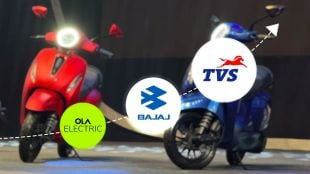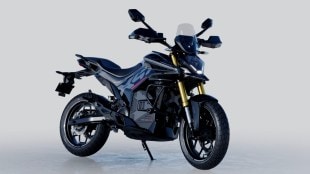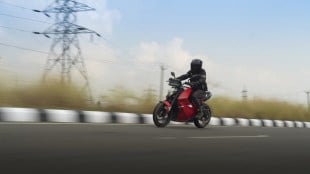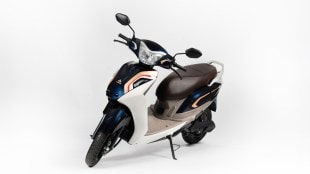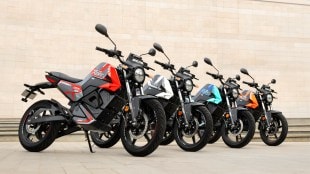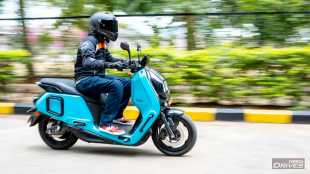Maruti Suzuki isn’t exactly popular when it comes to safety of its occupants. However, the Indo-Japanese carmaker is making efforts to improve its image in the industry by enhancing safety tech in its cars. In the latest development, Maruti has added an electronic safety programme (ESP) as a safety feature in Alto K10 and S-Presso.
All variants of both entry-level hatchbacks now boast of ESP. Despite the addition of the new feature, there has been no change in the prices for both models. With this update, all Maruti Suzuki models, except for Eeco are now available with ESP as standard.
How does ESP work?
The Electronic Stability Program (ESP) system plays a crucial role in maintaining a vehicle’s stability by counteracting skidding movements and ensuring it stays aligned with its intended path. By integrating the Anti-lock Braking System (ABS), Traction Control System (TCS), and Stability Control (SC), the ESP system leverages a network of sensors to monitor the vehicle’s movement and dynamics.
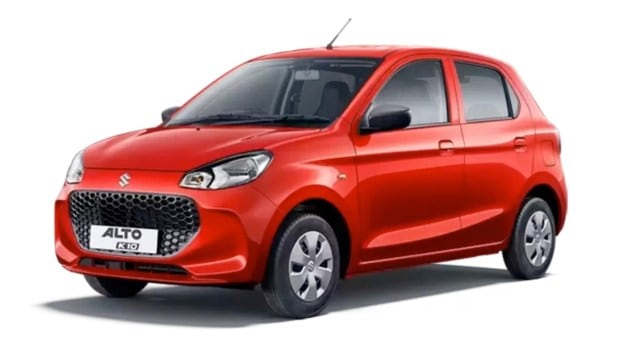
This data is then rapidly processed by an advanced electronic control unit, which calculates and adjusts the vehicle’s trajectory in real-time, thereby enhancing overall stability, control, and driving safety.
Other safety features
In addition to ESP, the standard safety suite on Maruti Suzuki portfolio includes dual front airbags, ABS with EBD, reverse parking sensors, engine immobiliser, collapsible steering column, etc. However, according to a mandate by the Ministry of Road & Transport, all passenger vehicles must have six airbags as standard fitment across all brands and segments from 31 October 2024 onwards.
Maruti Alto K10, S-Presso: Specs
Both Alto K10 and S-Presso are underpinned by the Heartect platform. The hatchbacks are powered by the same 1.0-litre K10 naturally aspirated petrol engine which pushes out 67 bhp and 91 Nm of peak torque. Transmission duties are carried out either by a 5-speed manual or a 5-speed AMT.













